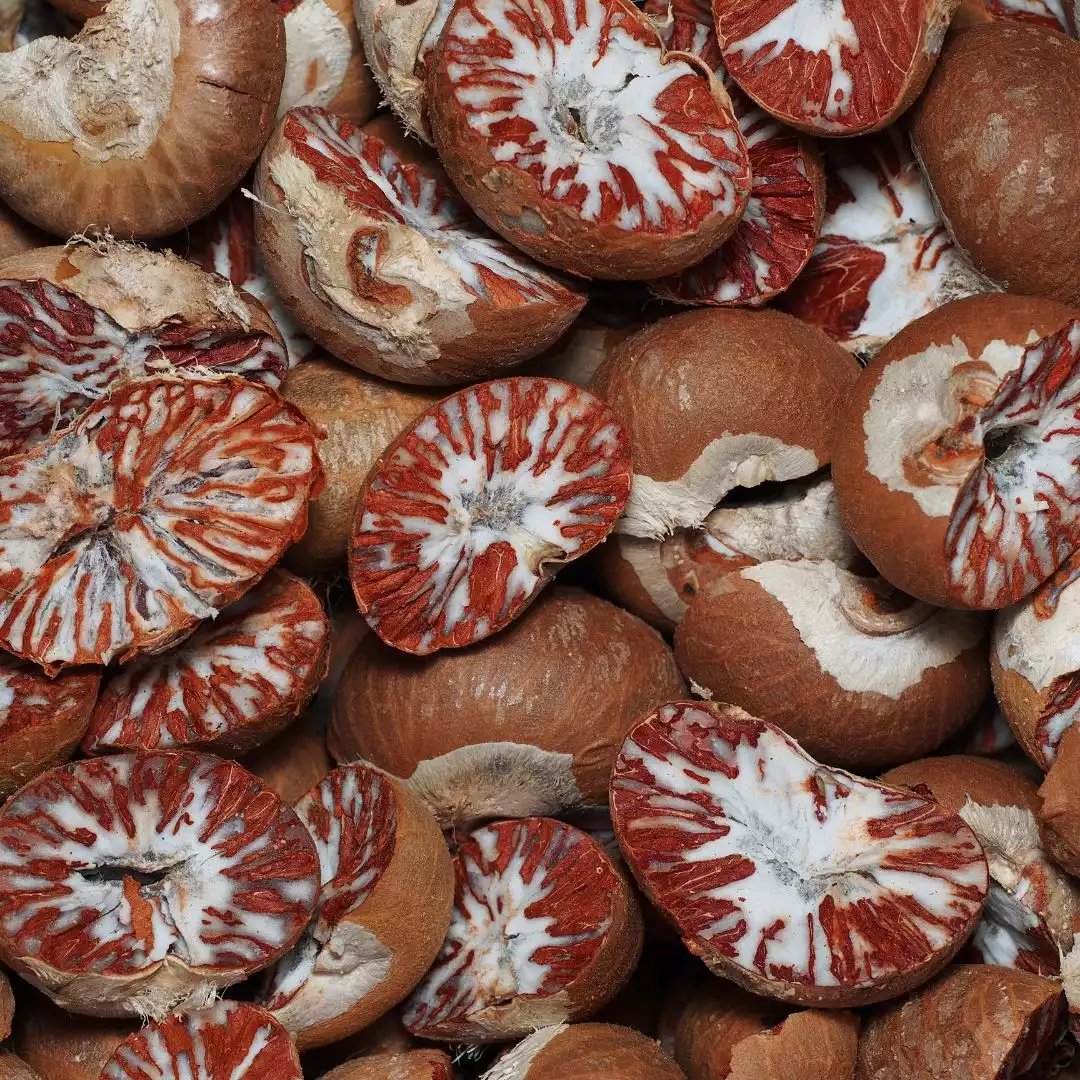Cashew Nuts
Cashew nuts, available in various forms and grades, offer versatility in culinary applications, making them highly sought after for both wholesale distribution and diverse consumer needs.
Specifications:
- Size: Varies in size, categorized by grades such as W180, W240, W320, etc., denoting the number of nuts per pound.
- Nutritional Profile (Typical Analysis per 100g):
- Energy: Around 553 kCal
- Protein: 18-21 g
- Total Fat: 43-48 g
- Saturated Fat: 8-10 g
- Monounsaturated Fat: 24-26 g
- Polyunsaturated Fat: 7-8 g
- Carbohydrates: 30-33 g
- Dietary Fiber: 3-5 g
- Sugars: 6-8 g
Usage: Whole cashew nuts are versatile and can be used for snacking, cooking, baking, and as ingredients in various dishes, salads, desserts, and confectionery
Cashew Nuts for Wholesale:
1. Whole Cashew Nuts:
Description: Whole cashew nuts are the intact kernels found within the shells of the cashew fruit. They have a distinct kidney shape and a smooth, cream-colored exterior.
Specifications:
- Size: Varies in size, categorized by grades such as W180, W240, W320, etc., denoting the number of nuts per pound.
- Nutritional Profile (Typical Analysis per 100g):
- Energy: Around 553 kCal
- Protein: 18-21 g
- Total Fat: 43-48 g
- Saturated Fat: 8-10 g
- Monounsaturated Fat: 24-26 g
- Polyunsaturated Fat: 7-8 g
- Carbohydrates: 30-33 g
- Dietary Fiber: 3-5 g
- Sugars: 6-8 g
Usage: Whole cashew nuts are versatile and can be used for snacking, cooking, baking, and as ingredients in various dishes, salads, desserts, and confectionery.
2. Split or Broken Cashew Nuts:
Description: Split or broken cashew nuts are whole cashew nuts that have been split or broken into pieces during processing or handling.
Specifications: Similar to whole cashew nuts but categorized based on broken or split pieces and graded accordingly.
Usage: These pieces are ideal for cooking, baking, and as toppings for various dishes due to their irregular shapes.
3. Cashew Nut Kernels:
Description: Cashew nut kernels are the edible, seed-like part of the cashew nuts obtained after removing the shell.
Specifications: Graded based on size and quality, ranging from large, whole kernels to smaller pieces.
Usage: Used extensively in cooking, baking, confectionery, and as an ingredient in a variety of dishes and snacks.
4. Roasted and Salted Cashews:
Description: Cashew nuts that have been roasted and salted to enhance their flavor and crunchy texture.
Specifications: Similar nutritional composition to raw cashews with added salt content.
Usage: Popular as a ready-to-eat snack or used in cooking to add a savory touch to dishes.
Storage and Handling: All types of cashew nuts should be stored in airtight containers in a cool, dry place away from moisture and sunlight to maintain freshness and flavor.





